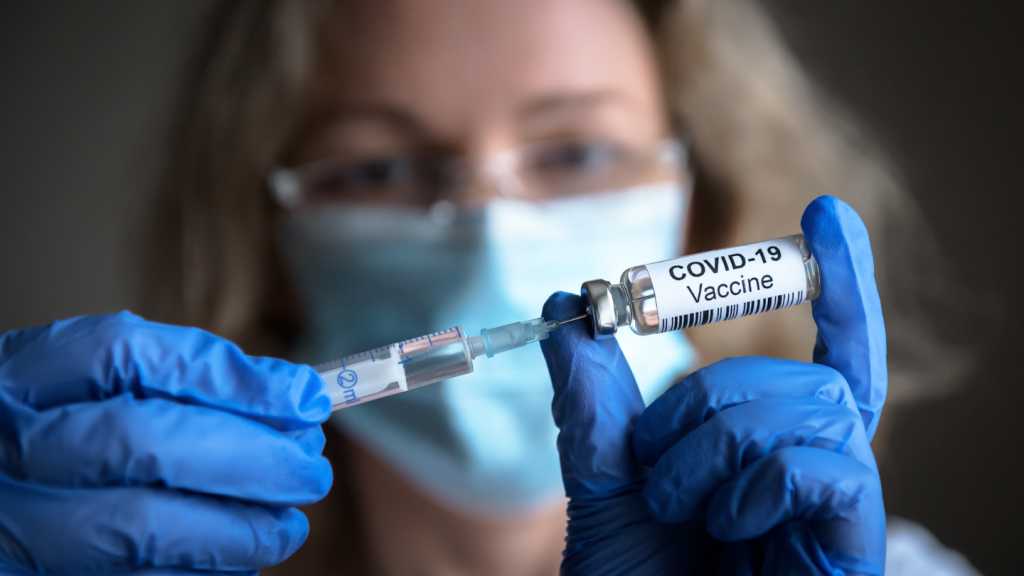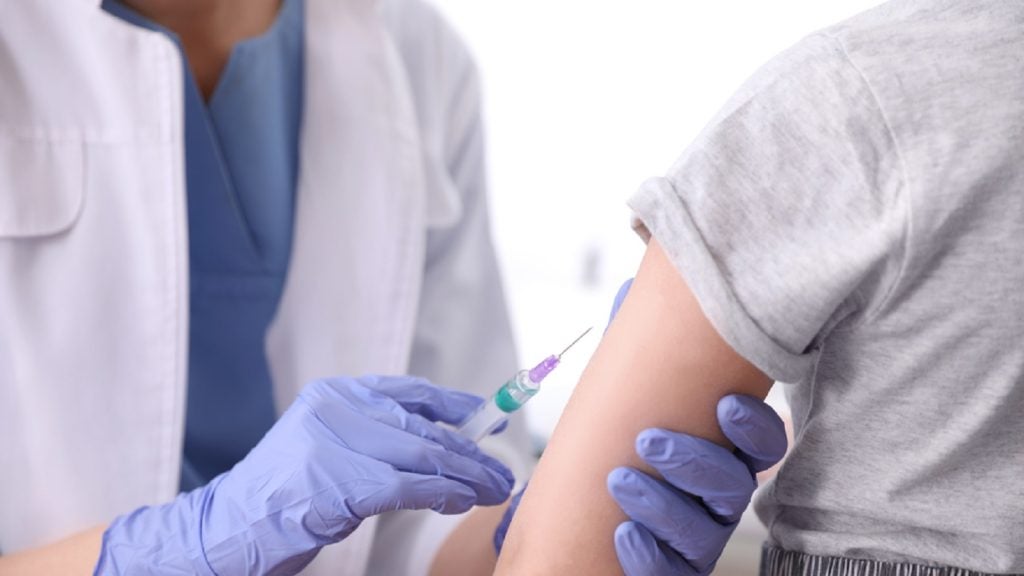Mainz Biomed has revealed clinical trial data for its colorectal cancer screening test, ColoAlert, showing high sensitivity for colorectal cancer and advanced adenoma.
ColoAlert is an at-home diagnostic tool that can detect tumour DNA in a colorectal cancer patient’s stool. It received the CE mark, as per the new EU device regulation, in June 2022.
Early detection of colorectal cancer is traditionally done through a colonoscopy. However, the ease of at-home testing can increase the uptake of stool cancer screening devices. The US Food and Drug Administration (FDA) approved Exact Sciences’ Cologuard for stool screening of colorectal cancer in 2014.
With the average number of people requiring colorectal cancer screening rising to 88 million by 2030, the colorectal screening test market in the US is forecasted to be worth $1.8bn in the same period, as per a GlobalData market model.
The ColoFuture study evaluated the effectiveness of the mRNA biomarkers in improving ColoAlert’s technical profile to detect advanced adenomas, a type of colorectal polyp. The mRNA biomarkers were acquired as an exclusive in-license agreement from the Universite de Sherbrooke (Canada) in 2022.
The study enrolled patients who were either referred for screening or diagnostic colonoscopy, or treatment naïve patients with colorectal adenocarcinoma. Based on the diagnosis and the colonoscopy results, patients were placed in one of the four groups, namely colorectal adenocarcinoma, advanced precancerous lesions in the colon or rectum, non-advanced adenoma, or normal.
ColoAlert demonstrated 94% sensitivity and 97% specificity to colorectal cancer, as well as 81% sensitivity for detecting advanced adenoma. The full results are expected to be published at a future medical conference.
ColoAlert is also being investigated in a pivotal clinical trial, eAArly DETECT, a US extension of the ColoFuture trial. Results from the eAArly DETECT trial are expected in Q4 2023, as per Mainz. These results are expected to inform the US approval of the colorectal cancer screening device.
















